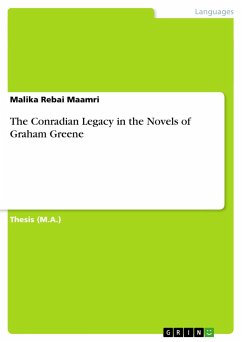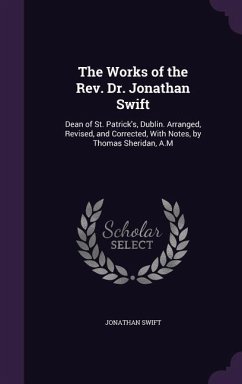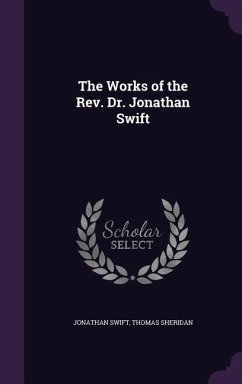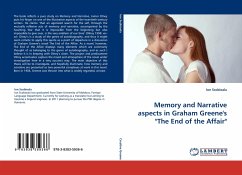Nicht lieferbar
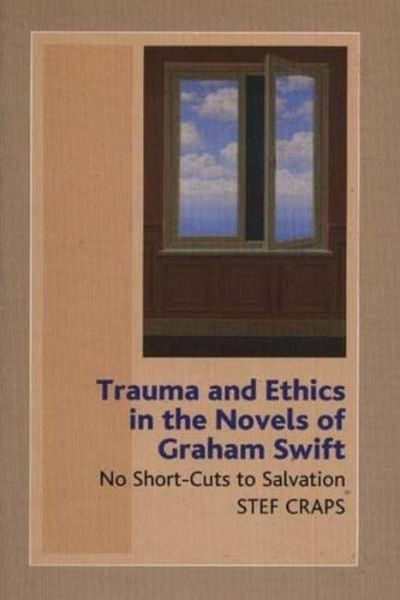
Trauma and Ethics in the Novels of Graham Swift
No Short-Cuts to Salvation
Versandkostenfrei!
Nicht lieferbar
Shows how the novels elaborate an ethics of alterity by means of a detailed study of one of Swift's most persistent and fascinating -- yet all too often ignored -- concerns: the traumatic experience of reality. Swift's texts evoke the cultural pathologies of a nation (post-war Britain) and an era (modernity) through the narratives of individual characters who are struggling to come to terms with a traumatic personal and collective past. By providing a wide-ranging and in-depth analysis of Swift's novels against the background of the 'ethical turn' in literary studies and the emergence of traum...
Shows how the novels elaborate an ethics of alterity by means of a detailed study of one of Swift's most persistent and fascinating -- yet all too often ignored -- concerns: the traumatic experience of reality. Swift's texts evoke the cultural pathologies of a nation (post-war Britain) and an era (modernity) through the narratives of individual characters who are struggling to come to terms with a traumatic personal and collective past. By providing a wide-ranging and in-depth analysis of Swift's novels against the background of the 'ethical turn' in literary studies and the emergence of trauma theory, this book extends and enriches our understanding of what is arguably one of the most significant literary oeuvres of the late twentieth and early twenty-first centuries.




